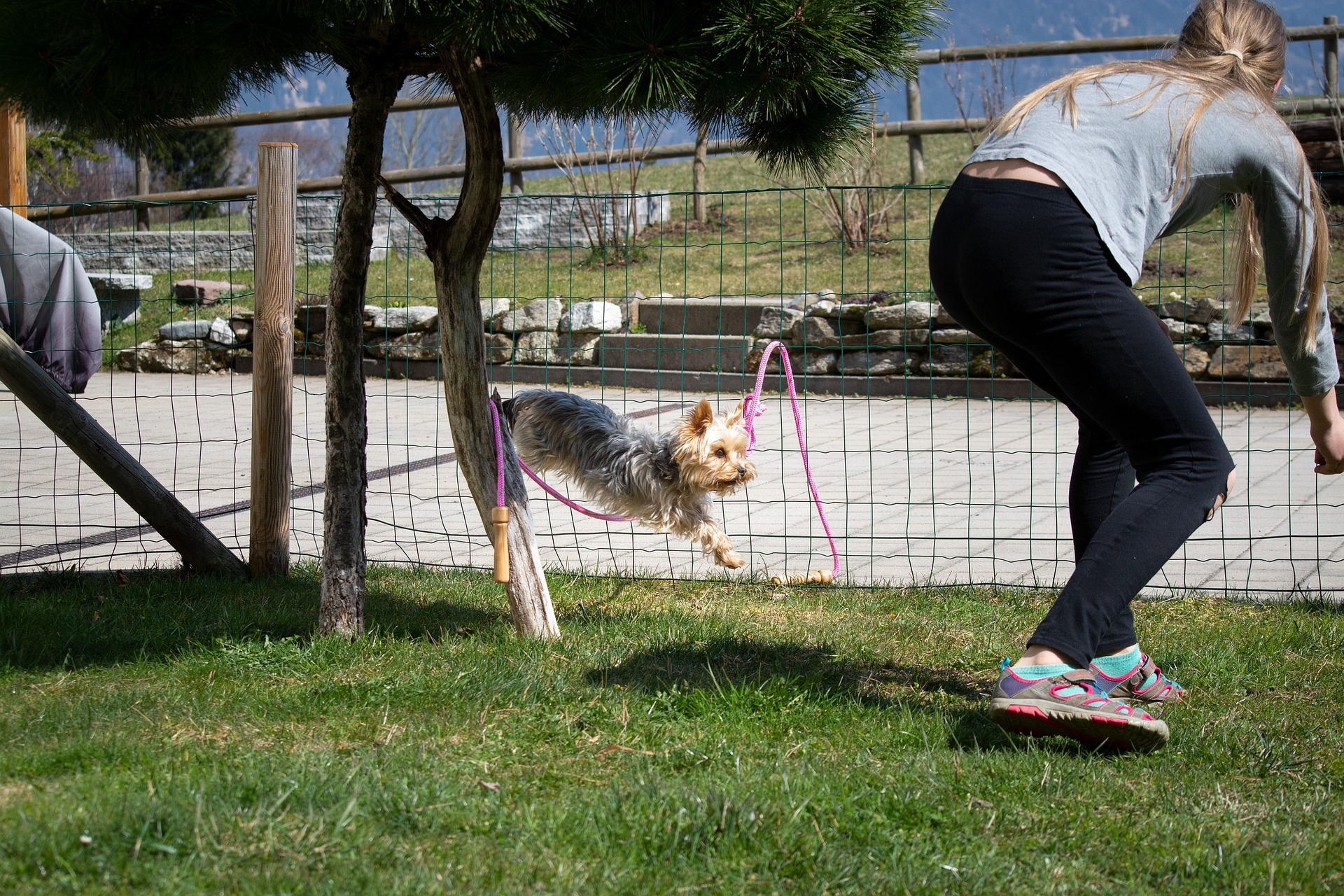Responsible Breeding: What You Need to Know
Introduction
Breeding animals is a serious responsibility that affects the health and happiness of future pets. If you are thinking about breeding your pet or buying one from a breeder, it’s important to understand good breeding practices. Responsible breeders ensure their animals are healthy and happy while raising puppies or kittens that thrive in loving homes. Responsible pet ownership begins with knowing how to choose a good breeder and prioritizing the animals' well-being.
What Is Responsible Breeding?
Responsible breeding is not just about pairing two animals to produce offspring. It involves careful planning, an understanding of genetics, and a focus on the animals' long-term health. Ethical breeders aim to improve their breeds by selecting pairs thoughtfully, running health screenings, and taking steps to prevent genetic diseases or behavior issues. Through responsible breeding, reputable breeders create healthier pets that become valued family members.
Key Aspects of Responsible Breeding
1. Health Testing
Health screenings are a cornerstone of responsible breeding. These tests help reduce the chances of passing on genetic health problems and ensure only healthy animals are bred.
Common health tests include:
• Hip and elbow screenings to identify joint issues.
• Heart check-ups to rule out cardiac conditions.
• Genetic testing to spot potential breed-specific risks.
• Eye exams conducted by veterinary specialists.
By conducting these health screenings, breeders contribute to the overall health of their breed and set higher standards. Proper medical care, including blood tests, ensures animals can live longer, healthier lives.

2. Understanding Genetics
Genetics plays a crucial role in responsible breeding. Ethical breeders understand how to maintain genetic diversity while avoiding health risks. Genetic testing and interpreting test results help breeders improve their breeding programs.
Key practices include:
• Linebreeding: Maintaining specific traits within a family line.
• Outcrossing: Introducing fresh genes to avoid inherited health problems.
• Avoiding Inbreeding: Ensuring a diverse gene pool to protect against defects.
With these methods, breeders focus on creating strong, healthy animals that meet breed standards without compromising health.
3. Early Training and Exposure
Responsible breeders help their puppies or kittens adapt to new environments early in life. This early exposure ensures that pets are confident and well-behaved.
Early training includes:
• Introducing animals to a variety of sounds, people, and surfaces.
• Encouraging positive experiences with humans and other pets.
• Teaching them to be comfortable with grooming and handling.
Proper early care helps puppies or kittens grow into social, adaptable pets, making them perfect companions for their future families.
4. Ethical Breeding Practices
Ethical breeders follow strict guidelines to ensure the well-being of their animals. They focus on responsible breeding practices that improve health and maintain high standards.
Examples of ethical practices include:
• Avoiding Overbreeding: Giving animals time to recover between litters to maintain their health.
• Breeding at the Right Age: Waiting until animals are physically and mentally mature.
• Caring for Retired Animals: Providing lifelong care for animals no longer in the breeding program.
By adhering to these practices, responsible breeders show genuine care for their animals' health and happiness.
5. Finding the Right Homes
Responsible breeders don’t just sell animals to anyone. They take steps to ensure their pets go to safe, loving homes.
This process includes:
• Asking potential buyers about their lifestyle and experience with pets.
• Educating buyers about the time and effort needed to care for the animal.
• Offering support and guidance to new pet owners after the sale.
By taking these steps, breeders ensure their animals are placed in homes where they will be valued and cared for as family members.
Why Avoid Careless Breeding?
Careless breeding, also known as backyard breeding, happens when animals are bred without proper planning or health checks. This approach prioritizes profit over the welfare of the animals and can lead to significant problems.
Risks of careless breeding include:
• A higher chance of inherited health problems.
• Poor socialization, resulting in behavior issues.
• Overbreeding, which harms the health of parent animals.
• Reduced genetic diversity, leading to increased genetic diseases.
Avoiding puppy mills and supporting reputable breeders is essential to ensuring healthier and happier pets.
How to Identify a Responsible Breeder
When searching for a breeder, keep these tips in mind:
• Health Records: A good breeder will provide health screening results for their animals.
• Facility Visits: Ethical breeders invite you to visit and meet the animals.
• Clear Contracts: They offer written agreements outlining the terms of sale, including health guarantees.
• References: Ask for reviews or testimonials from past buyers to verify the breeder’s reputation.
Take the First Step Toward Ethical Pet Ownership
Choosing a responsible breeder is one of the best ways to ensure your new pet has a happy and healthy life. By supporting breeders who focus on health testing, ethical practices, and responsible pet ownership, you help improve breed standards and reduce issues like inherited illnesses or behavioral problems.
Want to learn more about responsible breeding or need help finding a breeder?
Explore our resources or reach out for guidance. Together, we can create a future where every pet is healthy, safe, and loved. Supporting responsible breeding and reputable breeders helps build a compassionate, healthy environment for pets and their families.


No Comments ( as of 4/23/2025 10:07:24 AM )